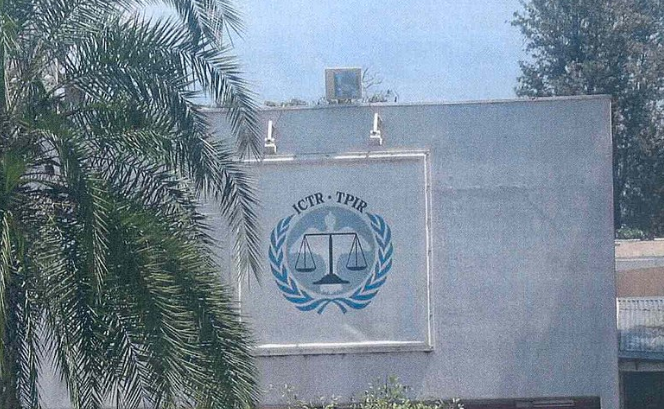The President and Prosecutor of the International Residual Mechanism for Criminal Tribunals has firmly criticised South Africa for its failure to execute an arrest warrant against a Rwandan fugitive believed to be hiding in the country.
Addressing the United Nations Security Council that established the mechanism in 2010 to perform the remaining functions for both the International Criminal Tribunal for the former Yugoslavia and for Rwanda after those mandates were complete, both expressed frustration and deep regret at Pretoria’s lack of cooperation.
The residual mechanism for Rwanda – basically an international court – is based in Arusha, Tanzania and addresses residual functions not completed by the original International Criminal Tribunal for Rwanda established to address crimes committed during the genocide. Future trials may be held once remaining ICTR fugitives are captured among other functions of the Tribunal connected to completing outstanding work on any trial or appeal proceeding that relates to the crimes in question. President of the Tribunals Judge Carmel Agius told the Council that South Africa had not met its obligations.
“In this regard, the Mechanism trusts that South Africa, being one of the current Member States of the Council, will decide to honour its Chapter VII obligations, as well as the values that unite this Council, by securing the arrest of the fugitive that was located on its territory in 2018, almost 18 months ago. South Africa has done so in the past by arresting and transferring ICTR fugitives on two occasions, in 1999 and 2004. The Mechanism strongly regrets the current lack of progress, particularly since, as we all heard in this very Chamber in July of this year, South Africa believes that States have an international obligation to cooperate with the Mechanism and the Prosecutor.”
The Prosecutor for the Mechanism Serge Brammertz singled out South Africa for what he termed its “long-standing failure to execute an arrest warrant” after his office became aware in August last year that a fugitive it seeks had been located in the country.
“After assurances in July that cooperation would be forthcoming, I was cautiously optimistic that the arrest would take place expeditiously. My office was greatly surprised, then, to receive in September a formal response from South Africa informing us, for the first time after more than a year of discussions, that it could not cooperate because it lacked the necessary domestic legislation. We quickly responded by reaffirming South Africa’s obligation to cooperate under Chapter VII and reiterating our request for the fugitive’s prompt arrest. After submitting our critical written report to the Security Council, South Africa last week informed us that it had finally submitted the Arrest Warrant to the competent judicial authorities for execution. While we welcome this procedural step after nearly one and a half years of inaction, the fact is that while we are speaking today, the fugitive remains at large. At this late stage, neither the victims nor this Council can be satisfied with anything less than the fugitive’s immediate arrest.”
South Africa echoed the Prosecutor’s regret and affirmed its full respect for its obligations to work with the Mechanism.
Deputy Permanent Representative to the UN Ambassador Xolisa Mabhongo, “South Africa has been in regular communication with the Prosecutor’s Office and has met with the Prosecutor to explain the steps we are taking to implement the request. Following active engagements on a national level, I am happy to announce that the international arrest warrant has been endorsed in accordance with South Africa’s domestic law, thus paving the way to give effect to the request for assistance.”
Of the eight remaining fugitives indicted by the ICTR, one Protais Mpiranya – a former Presidential Guard in Rwanda and a second-in-command of military operations and intelligence during the genocide – is reported to be hiding in South Africa.


